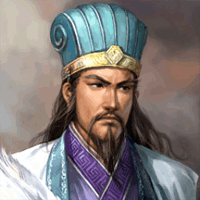Power Quote
Power Quote: Nonfiction is Translation

“Say I’m writing an essay about my buddy Nate. If I remain completely faithful to the source text, I’d interview Nate and transcribe his quotes exactly, even keeping his incomplete sentences and particular use of “dude,” “man,” “you know what I’m sayin’,” fillers. Documentary playwrights have used this technique to capture a character through the preservation of unique speech patterns. Nate would be left as he is, the reader would have an awkward experience, and the target text would be thus foreignized. If I want to completely domesticate Nate, I wouldn’t interview him; I’d compose all his statements so the reader would have a totally fluid, coherent, rhythmic, economical, etc. speaker on the page. That wouldn’t at all be the Nate that exists in the real world (because no one actually speaks like this) but the reader would glide down the page with no trouble. Memoir is likely to take this approach. If I want to do something in between, I can do what a journalist does: interview Nate to capture his words and the way he uses them, but complete his sentences and give him the veneer of eloquence.
“Or—and this is what more realistically happens both in the art of translation and the art of nonfiction—the decision to domesticate or foreignize the source text comes line-by-line, word-by-word.”
—Brian Goedde
From a short, sharp essay on, as the title says, creative nonfiction as a form of translation.
(I worked with Goedde a number of years ago and just happened to think about him. At the time, he published a short book/long essay about hip-hop that I liked quite a bit. Apparently, he really pissed off Michelle Malkin and some jackass Freepers in late 2007 with this NYT essay. Good for you, Brian.)
Tags: brian goedde, michelle malkin

[…] tennis. People lose. They seem crushed. Matthew Simmons just wrote about, among other things, an article that wrote about an abortion. Which is funny, because I was thinking about the removal of things (which is different than a […]